Arvind Balaji, President, ACMA
Make in India gives us a big fillip to the direction, the government wants to take. In-line with that we take our theme of make quality and technology in India as quality and technology become the bedrock for the growth of export market. We try to drive all our programs based on that. We have to be watchful on how innovation happens in our industry as these kinds of innovations help us to become a big exporter.
As far as Make in India is concerned, we need to concentrate on 2 basic things. We need to study and structure the level playing field for Indian companies. Currently there is an inverted duty structure where the raw materials have high duty structure whereas our finished components carry with it a low duty structure. This difference distorts our play in the industry. We have sensed that R&D has to own its ground immediately and we plan to give technical upgraded funds so that small and medium scale industries will invest in R&D. If you level play the field of Indian companies it will shine for sure. In free trade agreements many a time India gets cornered at the losing end after a few years. That system has to be addressed too.
There are lot of companies in India that are ramping up their capabilities in order to be more competitive in the domestic and overseas markets. But at the same time, there are some component suppliers which are unable to afford investment in advanced R&D. For this section of the industry, ACMA is seeking government support to incentivise to an extent, which will encourage companies further to undertake R&D. It is going to be crucial for local players, to fill the gaps in terms of quality and technology. For that, investment in R&D has to increase. Automotive sector has to be projected as a sector which is actively innovating and engaging in technology development. Most of the companies are actually doing it but it is not brought to notice.
The ‘Make in India’ campaign of Prime Minister Narendra Modi is designed to facilitate investments, foster innovation, enhance skill development, protect intellectual property and build best-in-class manufacturing infrastructure within the country. This has brought in a fresh round of inspiration and excitement within the manufacturing industry in the country. Indian suppliers are well positioned to capture global opportunities but the above said problems are forcing them not to go ahead. Going forward, we envision India as a global automotive hub because of our inherent strengths of frugal engineering skills, cost advantage and quality benefits, which can be offered to the rest of the world.
A favourable policy environment and the government’s efforts to improve ease of doing business in India coupled with some positive measures announced in the Make in India scheme will take the industry in the right direction. The changing role of component suppliers will necessitate more investments in R&D, product innovation and faster response time to OEMs’ new product launch plans. Therefore, focusing more on R&D and innovation, Make in India will be more successful. ACI
— as told to Bhargav TS




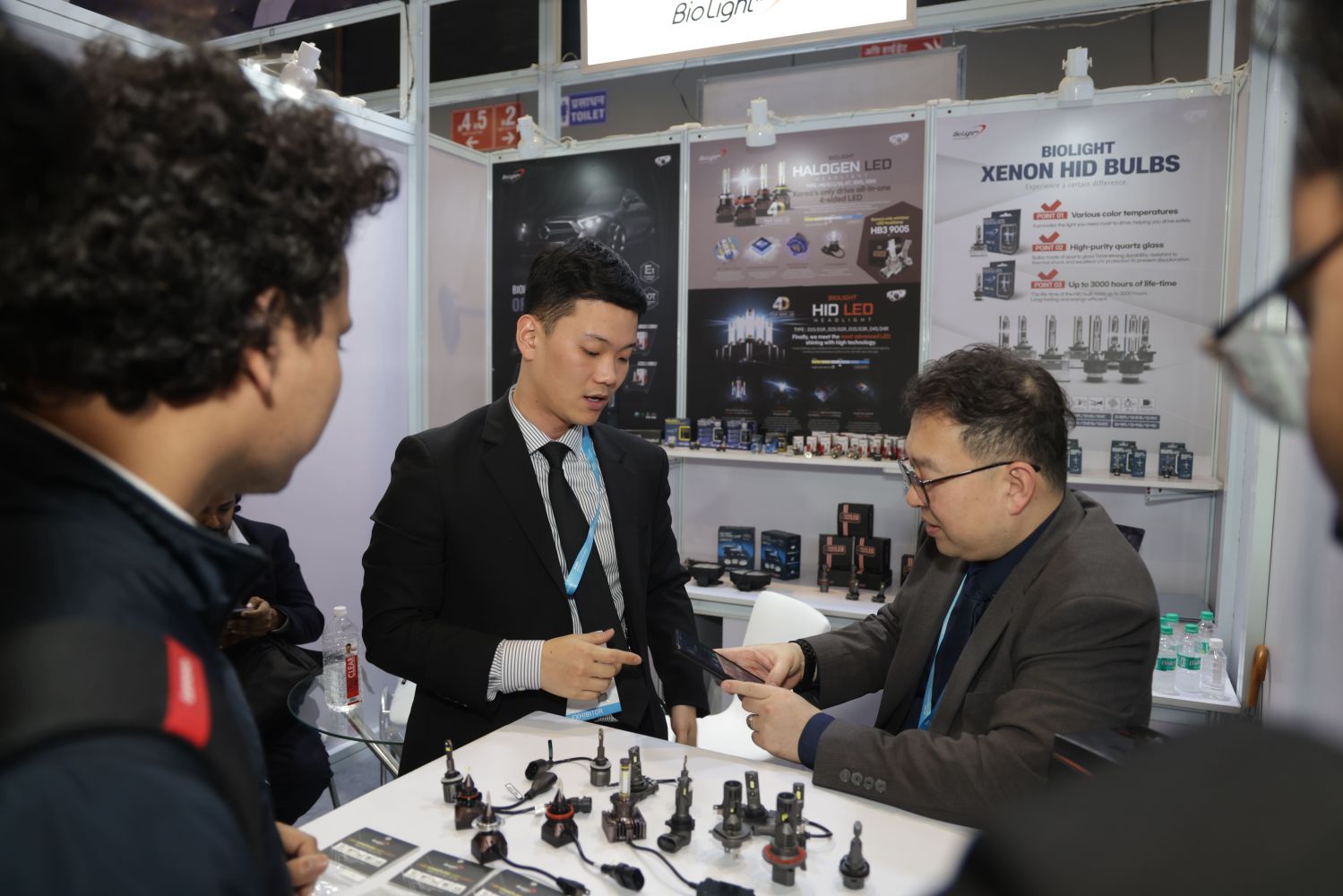
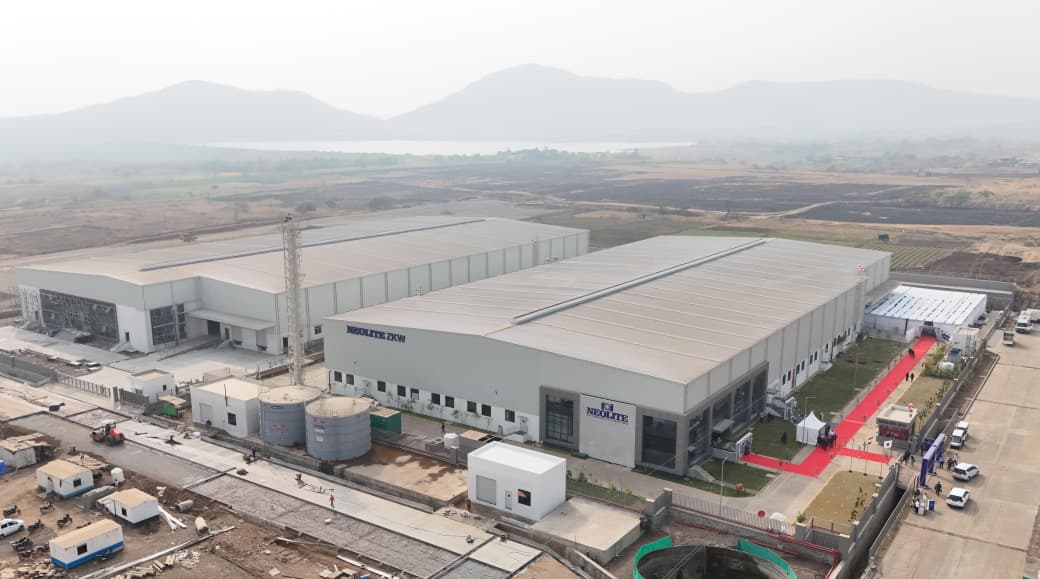
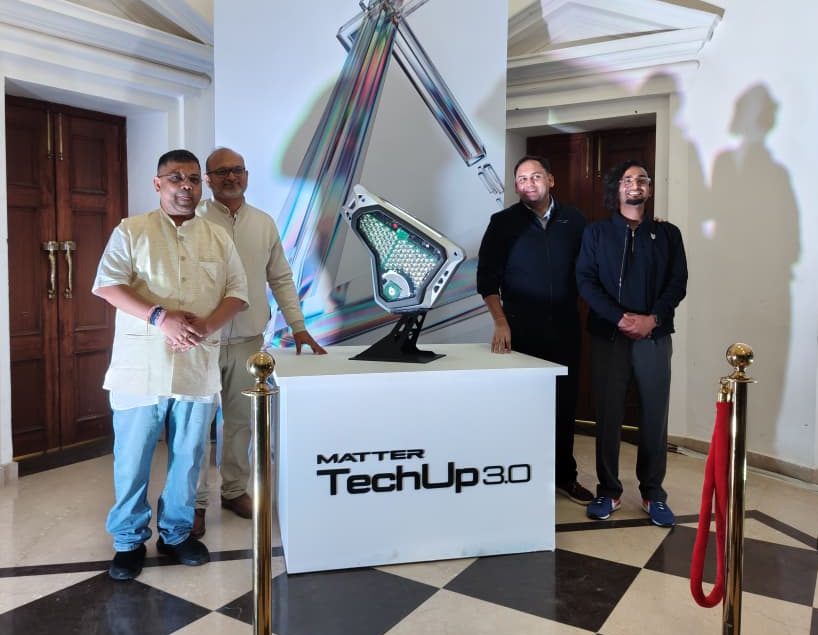
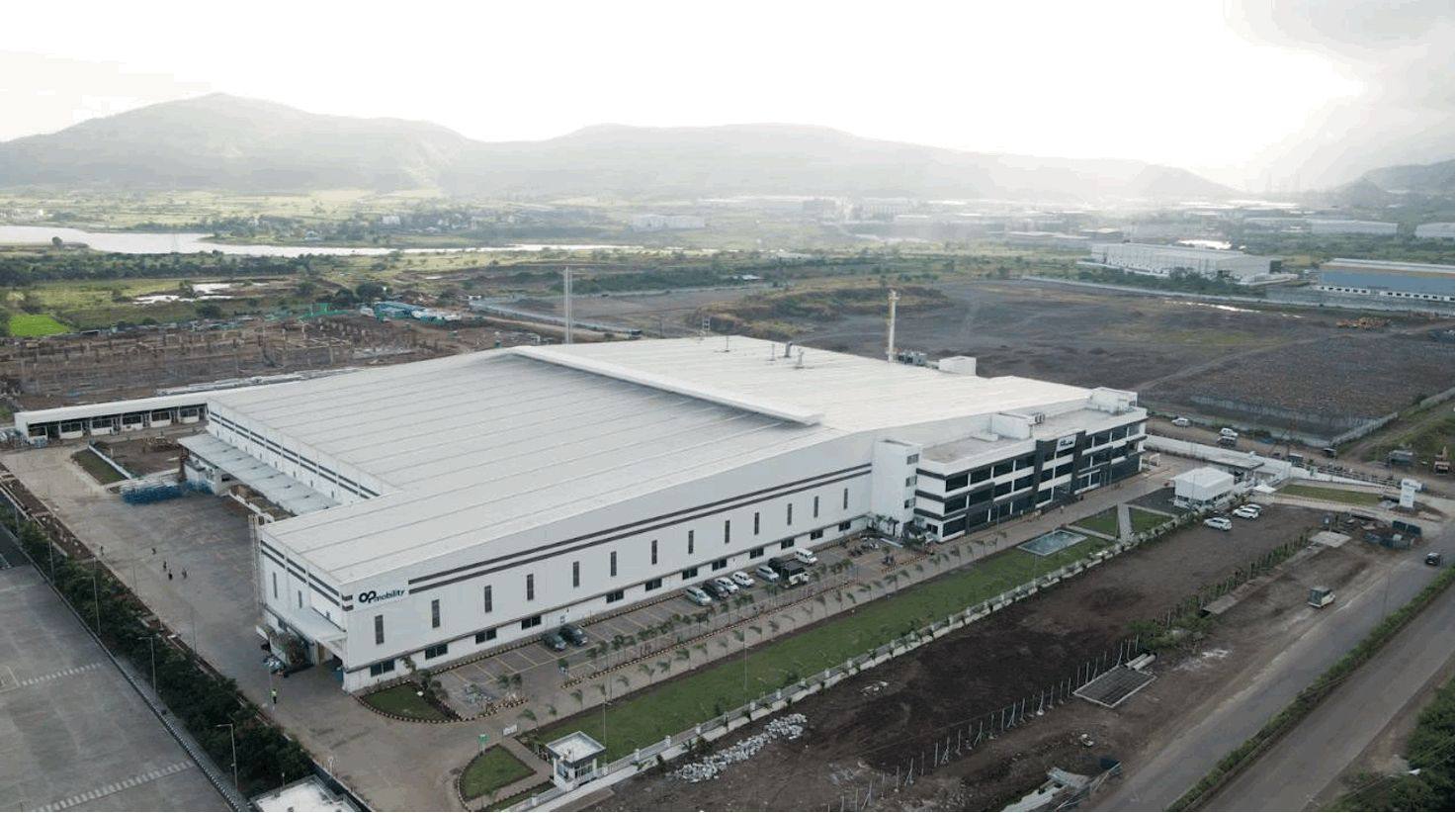
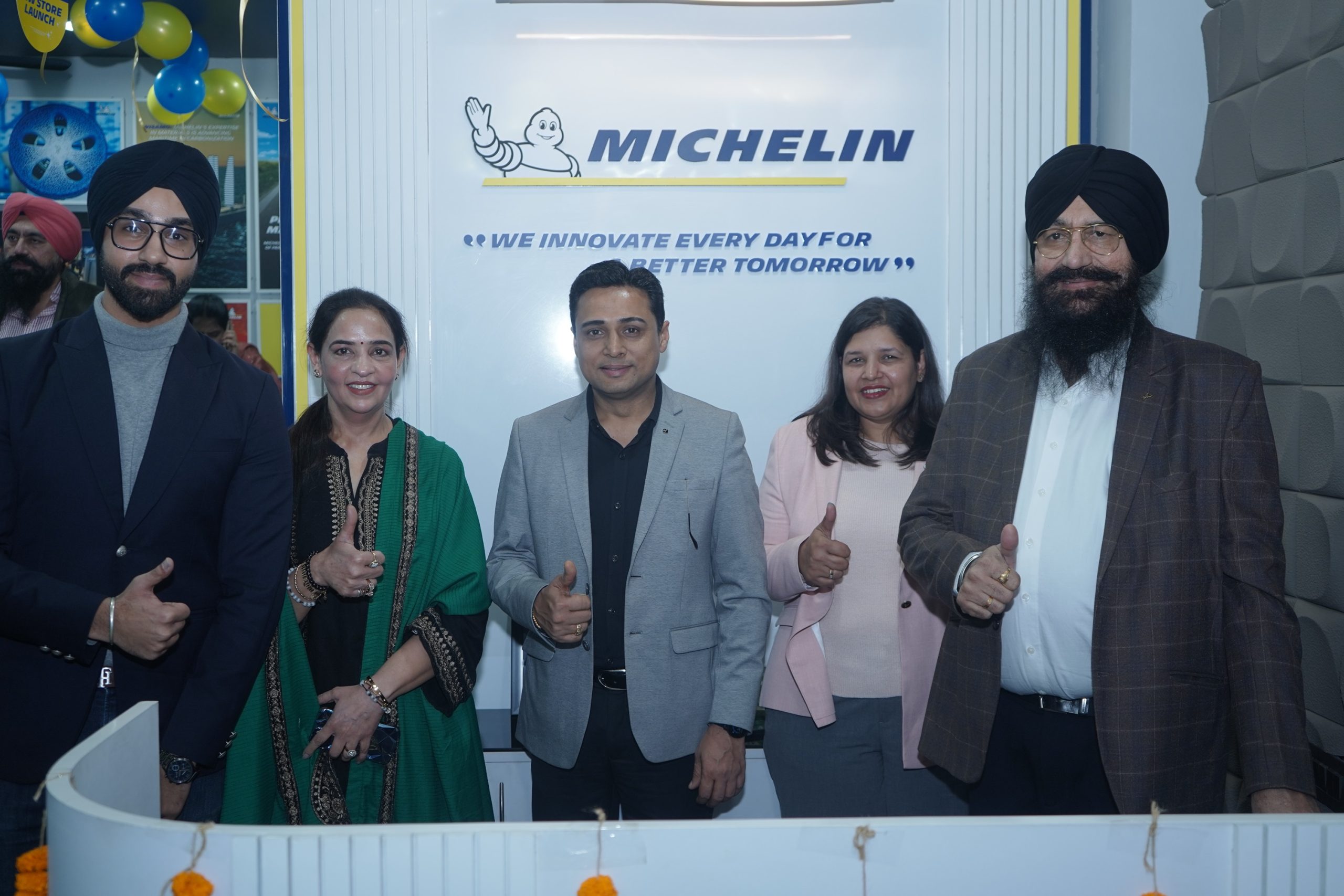
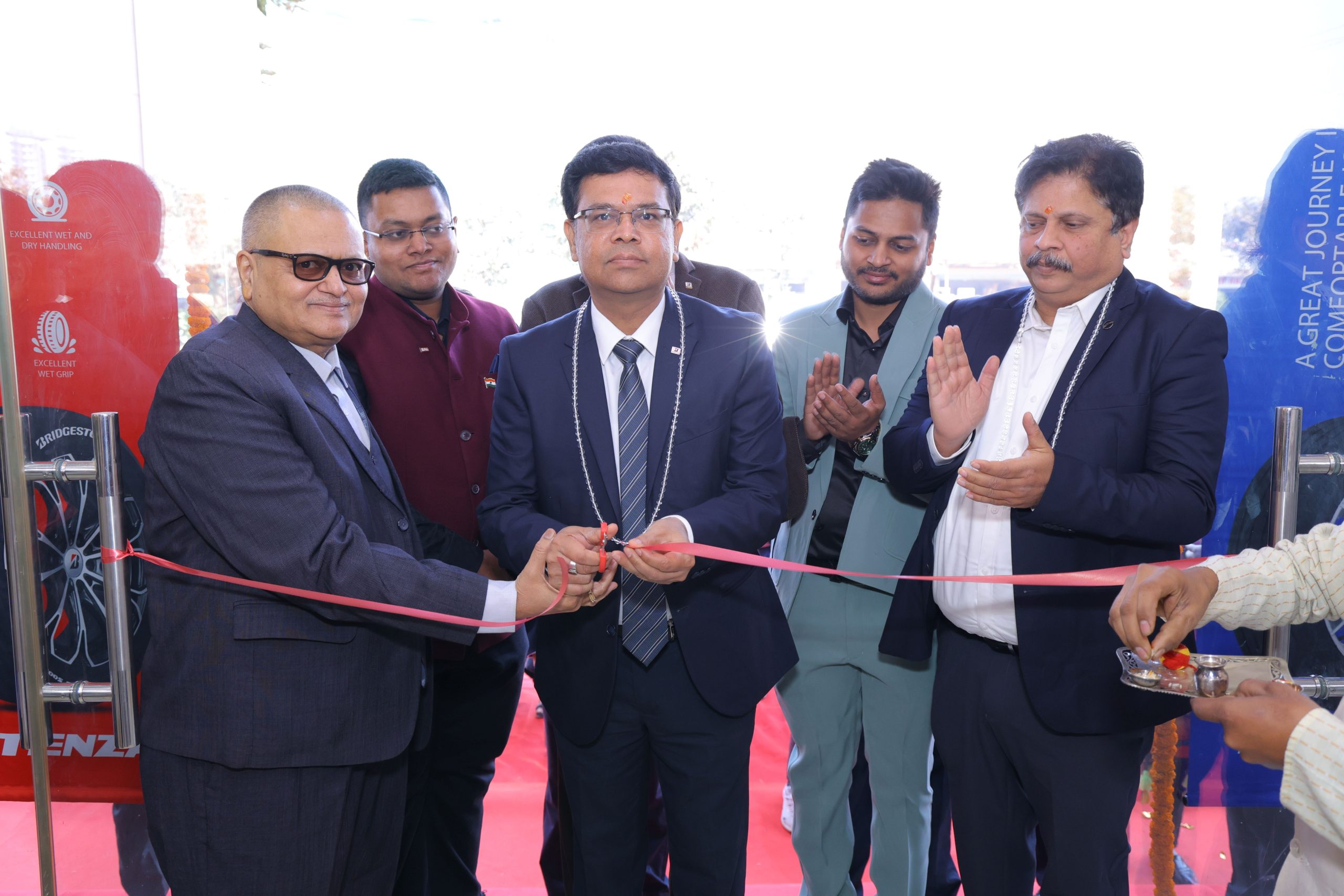
Leave a Reply